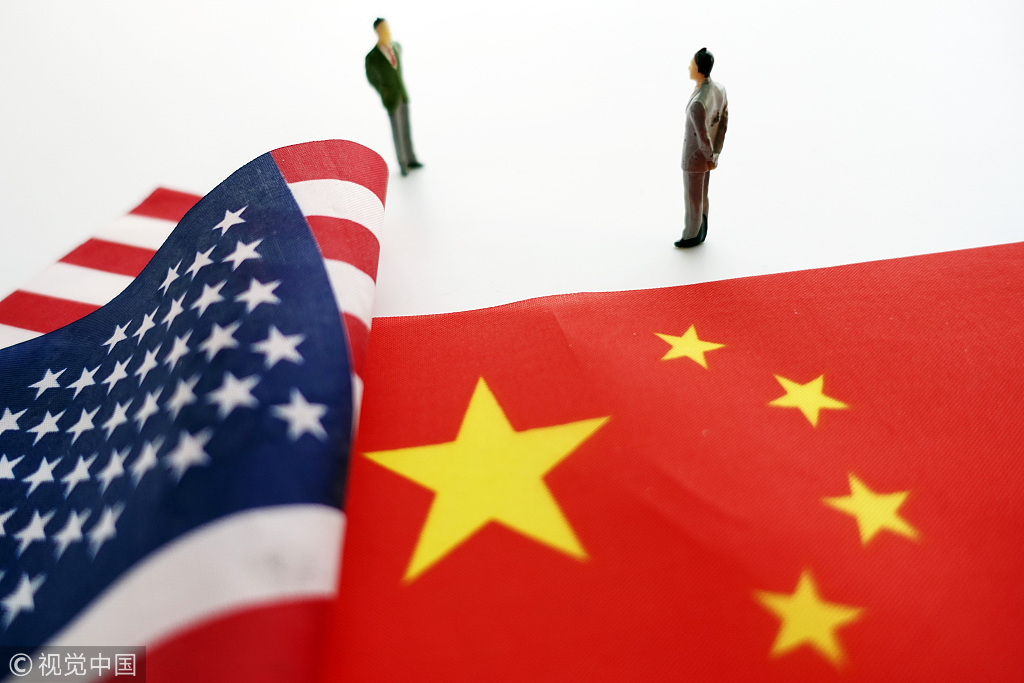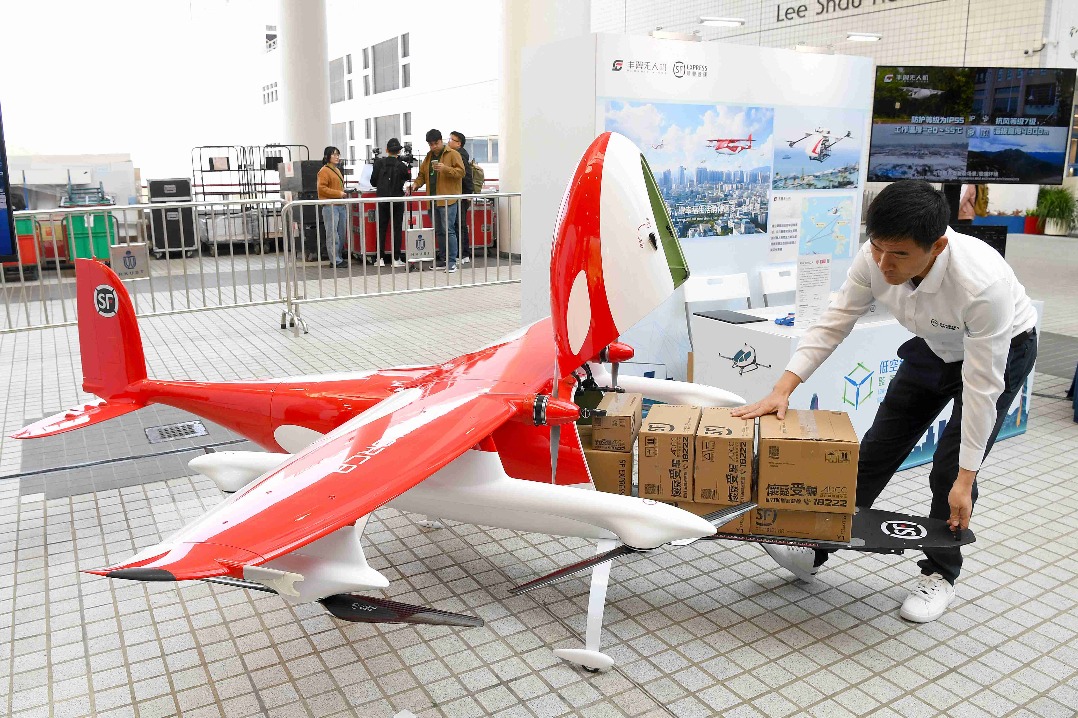Dialogue to help end trade impasse with US


Resolution possible only if both sides are seen as equals in negotiations
China will maintain constant communication with the United States to resolve the current trade impasse, the Ministry of Commerce said on Thursday, adding that a resolution is possible only if the two sides are seen as equals in negotiations.
"The so-called pressure from the US will not have any effect on China, nor will it do any good in dispute resolution," Gao Feng, a spokesman for the ministry, said during a media briefing.
China will continue to carry out reforms and opening-up policies at its own pace, Gao said.
He added that to further facilitate trade, the nation will unveil constructive policies in accordance with the World Trade Organization's rules in order to safeguard the legitimate rights and interest of enterprises including the foreign-invested ones in the country.
Commenting on the effects of the bilateral tariff on $50 billion worth of goods from each other, Gao said such tariffs have made imported goods from the US more costlier.
He confirmed that the tariff on automobiles imported from the US has risen to 40 percent.
Gao said China will convert the pressure into opportunities by upgrading and transforming its industries and remained confident of maintaining a stable and healthy foreign trade figure for this year.
"I don't think the US will eventually slap the 25 percent tariff on $200 billion of Chinese goods," said Liao Fan, a researcher at the Institute of International Law of Chinese Academy of Social Sciences. "Even if it becomes true ... China will not compromise."
Chen Xinguang, a researcher at Center for China and Globalization, a think tank, said: "The overall impact of US-China trade friction on the Chinese economy is limited and controllable."
"Under the most extreme circumstance that even if US imposes 25 percent tariffs on all Chinese goods, it will only lower China's growth rate of exports by 8.24 percentage points, which the Chinese government is totally capable of tackling through constructive policies," Chen said.
Despite uncertainties and challenges, foreign capital use witnessed steady growth during the first seven months of the year. According to data released by the ministry earlier this month, foreign direct investment inflows grew 5.5 percent year-on-year to $76 billion from Jan to July, while in July alone the FDI inflow showed a 19.3 percent yearly uptick.
"This demonstrates that China has achieved positive results in attracting and further facilitating foreign investment," Gao said.




































